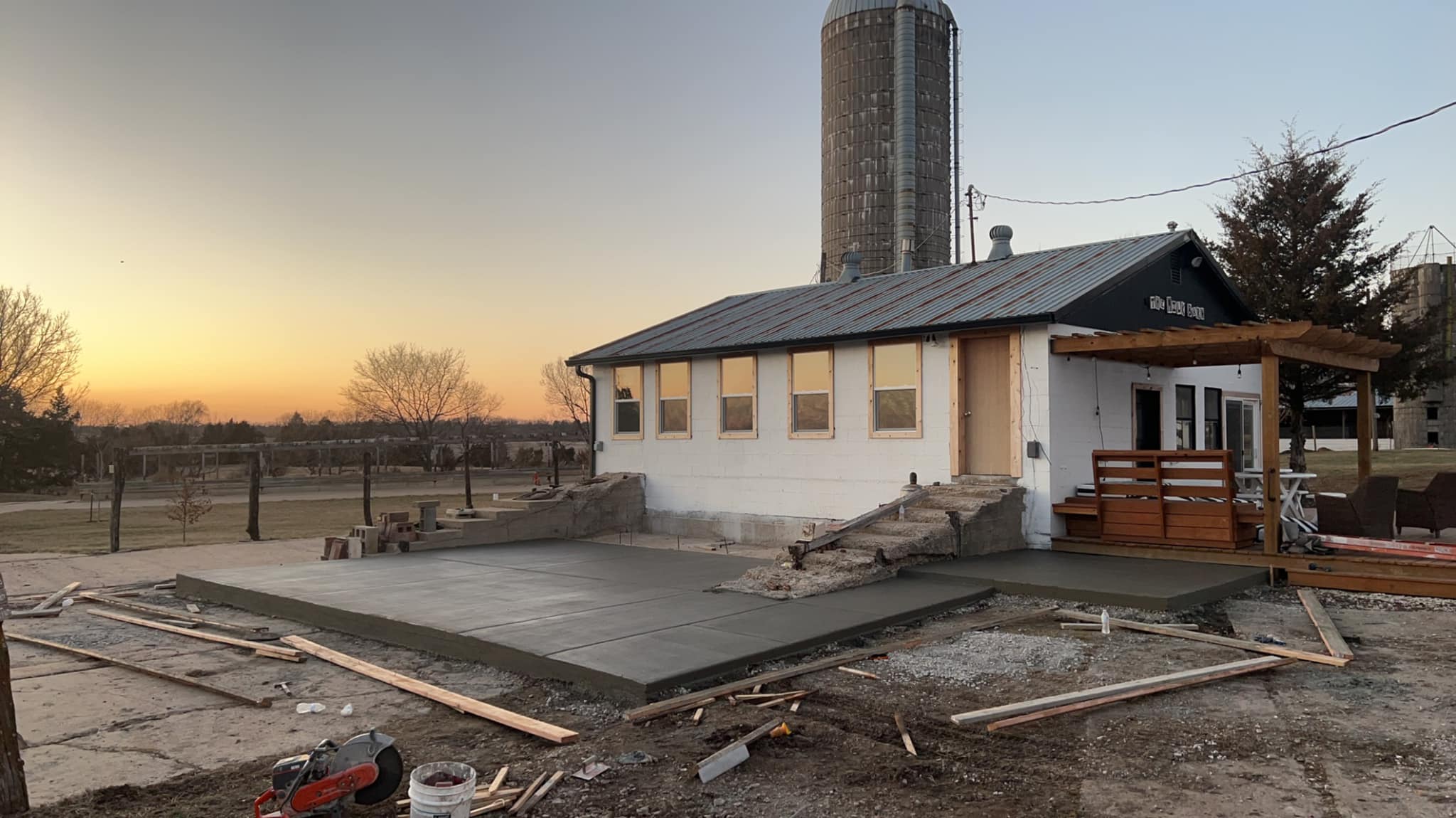
The Role of Concrete in Sustainable Urban Development Aug 12, 2025
Concrete's ability to minimize waste and maximize resource efficiency is a fundamental aspect of its contribution to sustainable urban development. By utilizing locally sourced materials and innovative mixing techniques, concrete production can significantly reduce its carbon footprint, aligning perfectly with green building standards. Advanced techniques such as recycling crushed concrete for base layers in construction projects further emphasize its eco-friendly potential, demonstrating that concrete is much more than just a building block; it's a pathway to sustainability.
Beyond resource efficiency, concrete's thermal properties offer energy-saving benefits in urban construction. Its ability to absorb and store heat contributes to regulating indoor temperatures, reducing the reliance on artificial heating and cooling systems. This characteristic not only enhances energy efficiency but also aids in lowering energy costs for building occupants. In densely populated urban areas, where energy consumption can be a major concern, concrete constructions stand out as a viable solution that simultaneously supports environmental and economic sustainability efforts.
One cannot overlook the longevity and resilience of concrete structures. Urban environments are constantly exposed to harsh weather conditions, and the increasing frequency of natural disasters poses ongoing challenges. Concrete's robust nature ensures the durability of infrastructures such as roads, bridges, and buildings, minimizing the need for frequent repairs and thus reducing the consumption of additional resources over time. This durability is integral to sustainable urban planning, ensuring that infrastructures are designed to last while meeting the evolving needs of urban populations.
Furthermore, concrete's adaptability makes it a cornerstone in designing green buildings and infrastructure. With advancements in concrete technology, such as the development of permeable concrete, urban areas can now efficiently manage stormwater, reducing the risk of flooding and erosion. This innovative approach not only contributes to the environmental resilience of cities but also supports the health of surrounding ecosystems, safeguarding biodiversity amidst urban growth.
Incorporating concrete in public spaces, such as parks and walkways, also fosters sustainability. Concrete's ability to be aesthetically customized allows these spaces to integrate seamlessly into the natural environment, promoting biodiversity and offering recreational areas that enhance the quality of urban life. These community spaces are crucial for cultivating balanced lifestyles and encouraging social connections, which are essential components of sustainable urban development.
In conclusion, the role of concrete in sustainable urban development is multifaceted and indispensable. From reducing environmental impact through efficient resource use, enhancing energy efficiency, ensuring infrastructural resilience, to promoting biodiversity, concrete is shaping the future of urban landscapes in a sustainable direction. At Premium Concrete Construction, we are committed to pioneering these advancements, contributing to building cities that are not only functional but also harmonious with their environment. As urban areas continue to grow, embracing innovative concrete solutions will be key to achieving truly sustainable development.